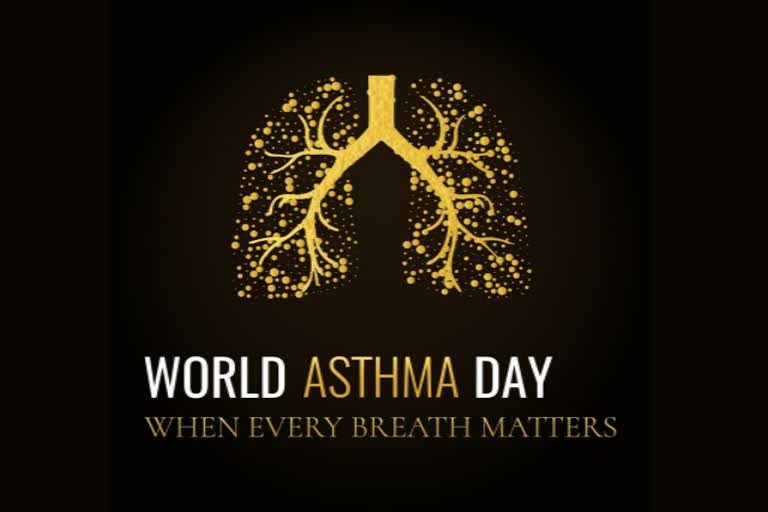Every year on the first Tuesday of May, 'World Asthma Day' is observed and this year, it will be celebrated on 4th May. It was initiated by Global Initiative for Asthma (GINA) in 1998, with the motive to spread awareness about asthma. This year, the theme of the day is ‘Uncovering Asthma Misconceptions’. Currently, in the times where the world is suffering with the COVID-19 pandemic, asthmatic patients are considered to be more at risk of the infection becoming serious, since both of the conditions attack the respiratory system. Therefore, today, along with knowing more about asthma, we will learn how asthmatic patients can take care during the current times.
What Is Asthma?
Asthma is a non-communicable disease, which can affect both children as well as adults. The World Health Organization (WHO) defines asthma as, “ a major non-communicable disease characterized by recurrent attacks of breathlessness and wheezing, which vary in severity and frequency from person to person. Symptoms may occur several times in a day or week in affected individuals, and for some people become worse during physical activity or at night.
According to the WHO estimates, “there were 417,918 deaths due to asthma at the global level and 24.8 million DALYs attributable to Asthma in 2016. Also, It was estimated that more than 339 million people suffer from asthma.1 Asthma is the most common non-communicable disease among children. Most deaths occur in older adults”.
Genetics and environmental factors are considered as responsible causes of asthma. You can also be allergic to dust mites, pollens, and molds, tobacco smoke, pollution, chemical irritants, air pollution, etc. that can lead to asthma. The condition can be managed and asthma attacks can be controlled as well as prevented, but remember to take your medication properly. Your doctor may prescribe you pills or inhalers as per your condition. Apart from this, know what triggers asthmatic attacks and what you are allergic to and try to avoid it as much as possible.
Asthma Attacks
An asthmatic patient can experience asthma attacks. The attacks can be life-threatening, but are preventable too and can be managed. WHO explains that Breathlessness, coughing, and wheezing will likely be worse, and the patient may be too breathless to speak, eat or sleep. If a person appears to be having an asthma attack they should sit up straight and take slow, regular breaths, and take regular breaths from their inhaler, as per their treatment plan instructions. If possible, a medical professional should be contacted immediately. Regular checkups and the right treatment will help prevent asthma attacks.
